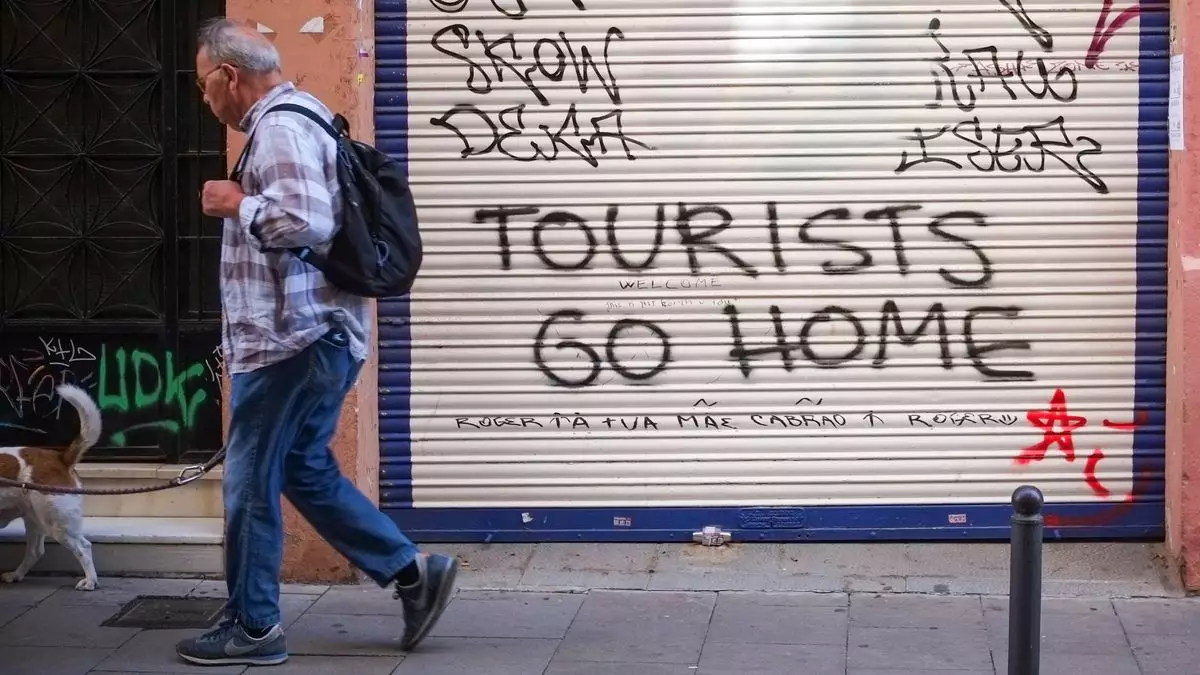In recent years, popular tourist destinations such as Barcelona and Maui have experienced a surge in anti-tourism sentiment, leading to a new wave of legislation targeting short-term vacation rentals. This crackdown on short-term rentals is gaining momentum, with more cities joining in to regulate Airbnbs more aggressively. According to Daniel Guttentag, an associate professor at the College of Charleston, policymakers are becoming more skilled and successful in regulating short-term rentals.
Barcelona recently announced plans to ban short-term apartment rentals in the city by the end of 2028. This move is expected to impact more than 10,000 apartments that currently hold short-term rental licenses. The city’s mayor, Jaume Collboni, pledged to clamp down on short-term rentals in an effort to boost housing affordability and supply. Barcelona is positioning these regulations to transform short-term rentals into long-term housing inventory.
In Maui, plans to eliminate a significant share of the island’s short-term rentals have taken a major step forward. The Maui Planning Commission voted in favor of a proposal that could eliminate over 7,000 short-term rentals out of the more than 13,600 rentals on the island. The proposed ordinance aims to phase out short-term rentals in “apartment districts” primarily located in west and south Maui. If approved, the measure would take effect on specified dates for different areas.
Regulating short-term rentals has the benefit of being a more immediate solution to housing affordability challenges compared to other strategies. However, experts like Madeline List caution against viewing these restrictions as a silver bullet for housing affordability. While short-term rentals may have a negative impact on housing costs, their overall impact on rental rates has been found to be relatively small. According to List, only approximately 9% of the citywide increase in rental rates in New York could be attributed to Airbnb.
Cities like New York have significantly ramped up enforcement of their short-term rental restrictions with new laws designed to strengthen existing legislation and emphasize mandatory host registration. However, Airbnb has criticized New York’s approach, arguing that it has not achieved its stated goals. The company’s head of global policy and communications, Jay Carney, highlighted that hotel rates in New York have risen sharply, and there has been no change in inventory for long-term leases or sales.
Looking ahead, experts predict that more destinations will follow the lead of cities like New York and Barcelona in regulating short-term rentals. While these regulations may help ease rent or housing costs to some extent, they are unlikely to solve the underlying affordability issues. It is evident that short-term rental restrictions are complex and vary widely by destination, with luxury housing and the conversion of affordable housing into short-term rentals playing significant roles in the debate.


Leave a Reply